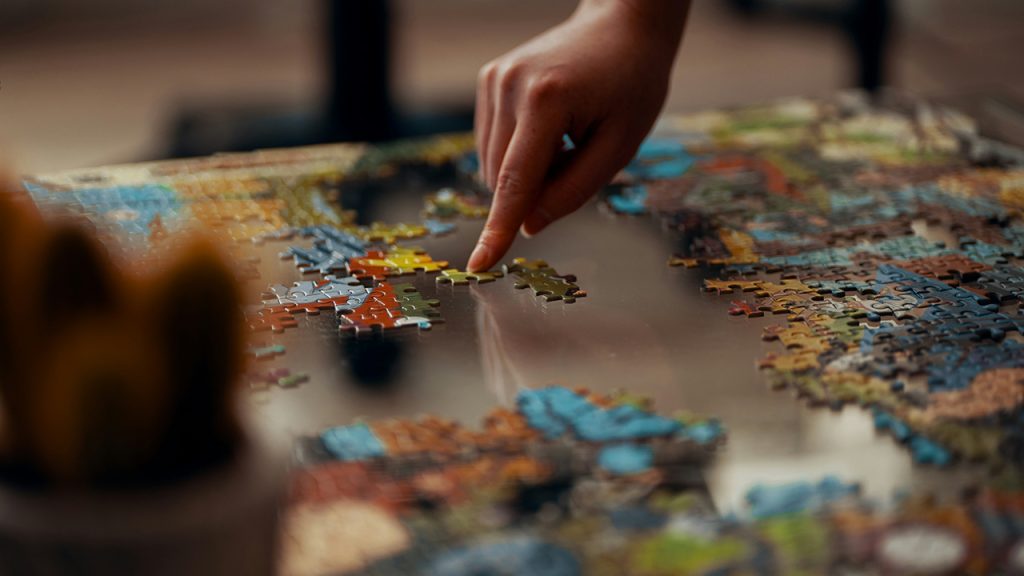I love puzzles! There’s nothing quite like the satisfaction of cracking a tough one, right? Whether you’re a fan of brain teasers, crosswords, or intricate escape room challenges, there’s always something new to learn. With the right tricks up your sleeve, you can unlock puzzles faster and more efficiently while having a lot more fun in the process. Some of these strategies are about thinking outside the box, while others help you stay organised and focused. Below are 18 essential puzzle-solving tricks every enthusiast should know to sharpen your skills and boost your puzzle-solving confidence!
1. Start With The Corners
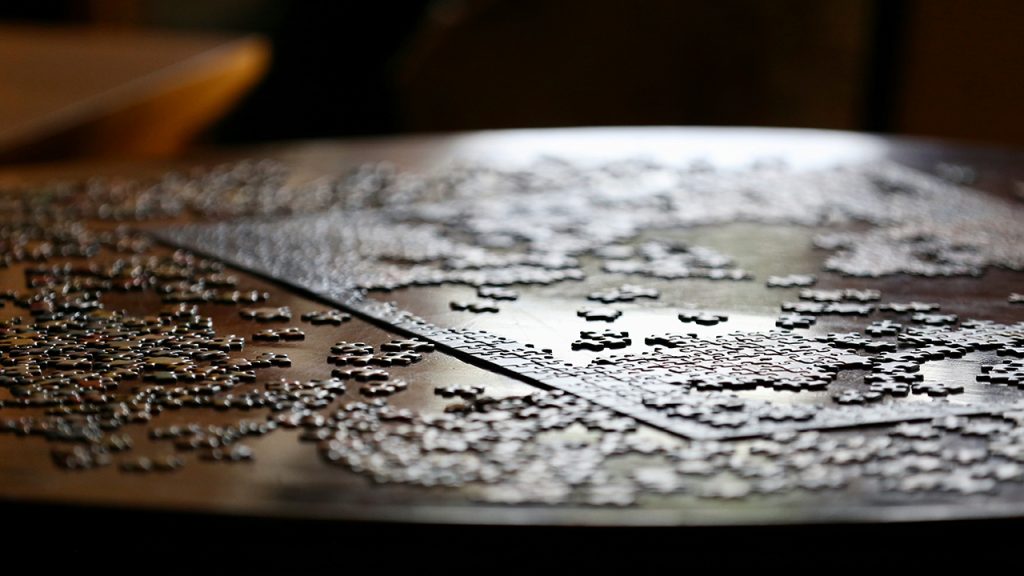
When it comes to jigsaw puzzles, always begin by assembling the corners and edges first. This provides you with a solid framework that makes filling in the middle sections much easier. Plus, it’s incredibly satisfying to see the border take shape early on!
2. Break The Problem Into Smaller Parts
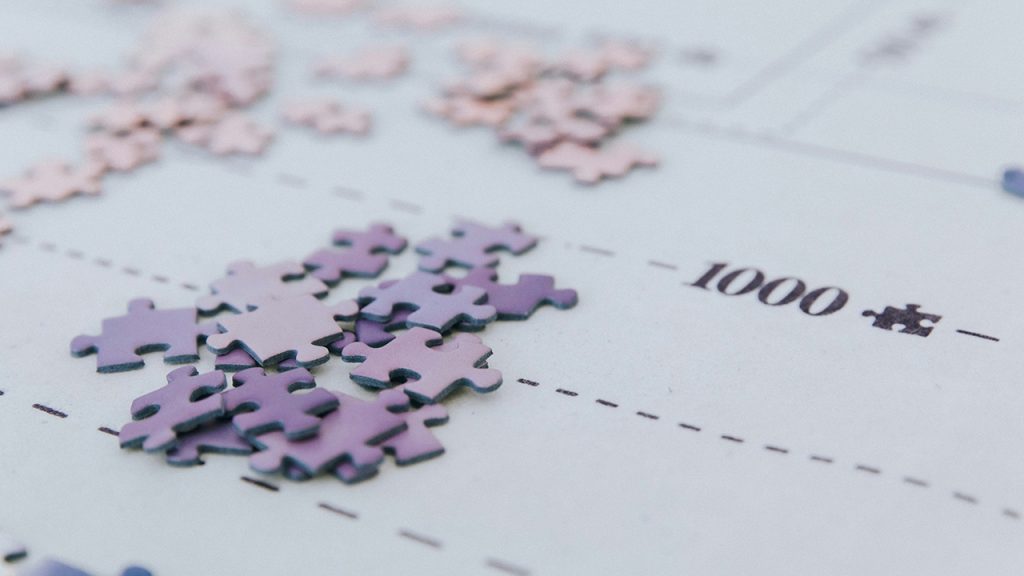
Many puzzles can seem overwhelming at first glance, but breaking them into smaller, more manageable parts can help. Focus on solving one piece of the puzzle at a time—whether it’s a math problem or a riddle. Small victories build momentum.
3. Look For Patterns
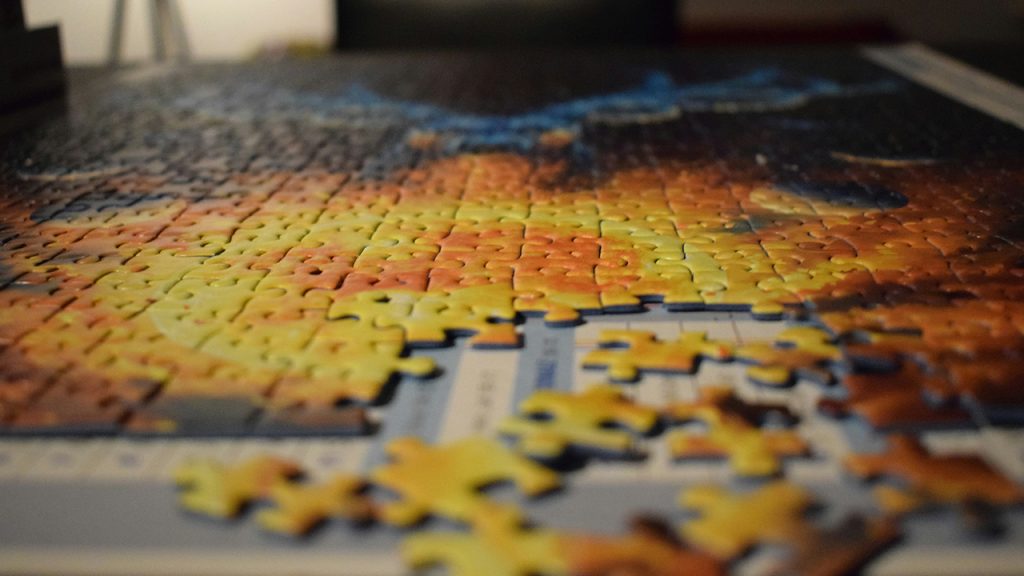
Puzzles are often built around patterns. In crosswords, for example, once you find a few words, related clues often fall into place. Pattern recognition is also crucial for logic puzzles and number games like Sudoku.
4. Reframe The Puzzle
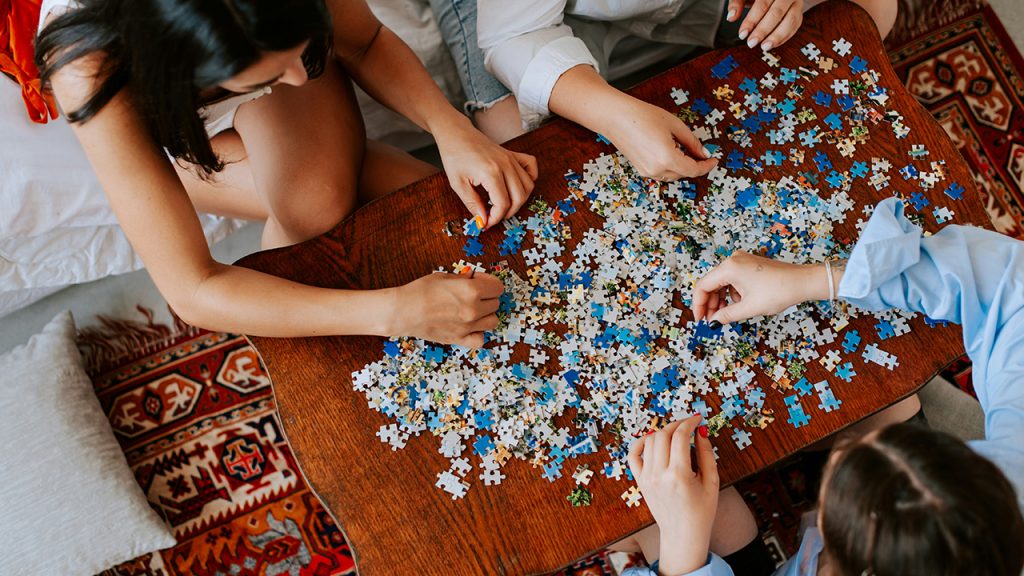
If you’re stuck, try looking at the puzzle from a different angle. This might mean physically rotating a jigsaw puzzle or reconsidering the assumptions you’ve made in a riddle. Sometimes, a fresh perspective is all it takes to crack it.
5. Use Pencil And Paper
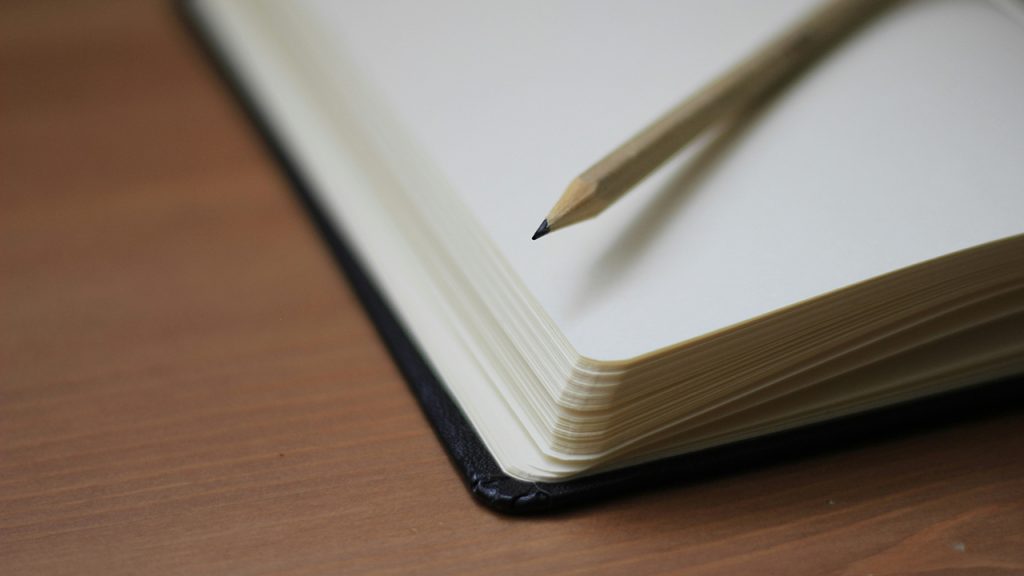
For word games, logic puzzles, or anything involving numbers, keeping notes on paper can be incredibly helpful. Jotting down potential answers, crossings, or numbers lets you explore possibilities without committing fully, giving you more freedom to experiment.
6. Take Breaks When Stuck

Staring at the same puzzle for hours without making progress can be frustrating. Instead, step away for a short break. A fresh mind often returns with new insights and a better chance at solving the puzzle.
7. Use A Process Of Elimination
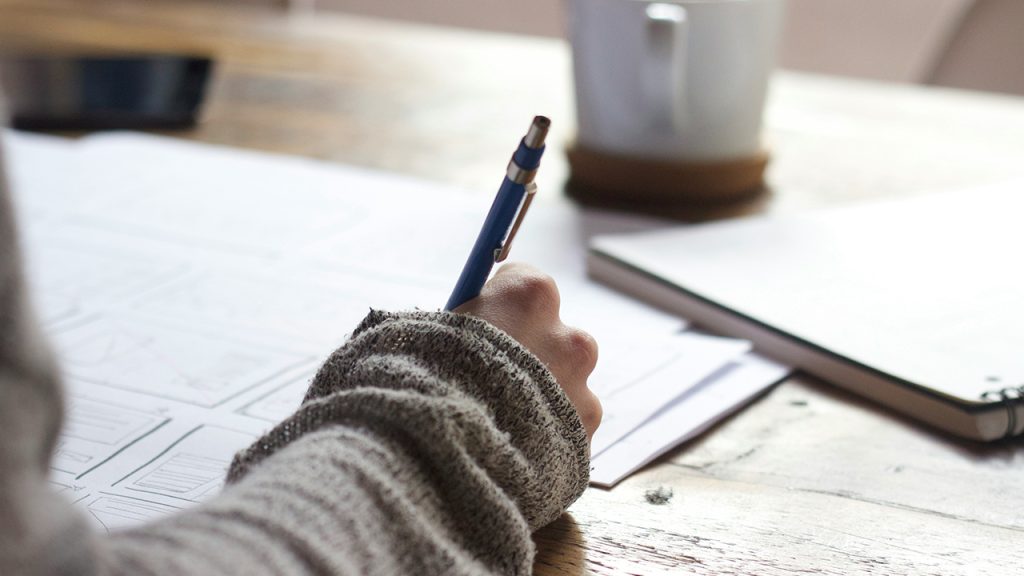
When solving puzzles with multiple possibilities—like a logic grid puzzle—eliminate incorrect options first. This will narrow down the possibilities and make finding the right answer simpler.
8. Know Common Puzzle Themes
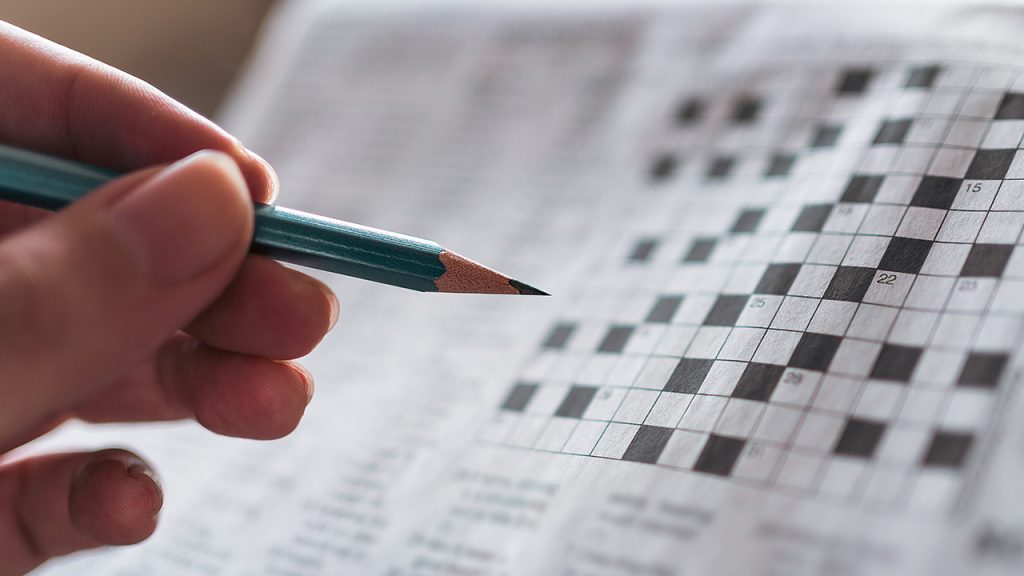
Many puzzles repeat similar themes, especially in crosswords or word games. Familiarising yourself with recurring ideas, phrases, or wordplay tricks can speed up your solving process.
9. Don’t Overthink It

Sometimes, the simplest answer is the correct one. If a puzzle seems overly complicated, take a step back and see if there’s a simpler solution hiding in plain sight. Overthinking can trap you in more complex strategies than necessary.
10. Keep Practising
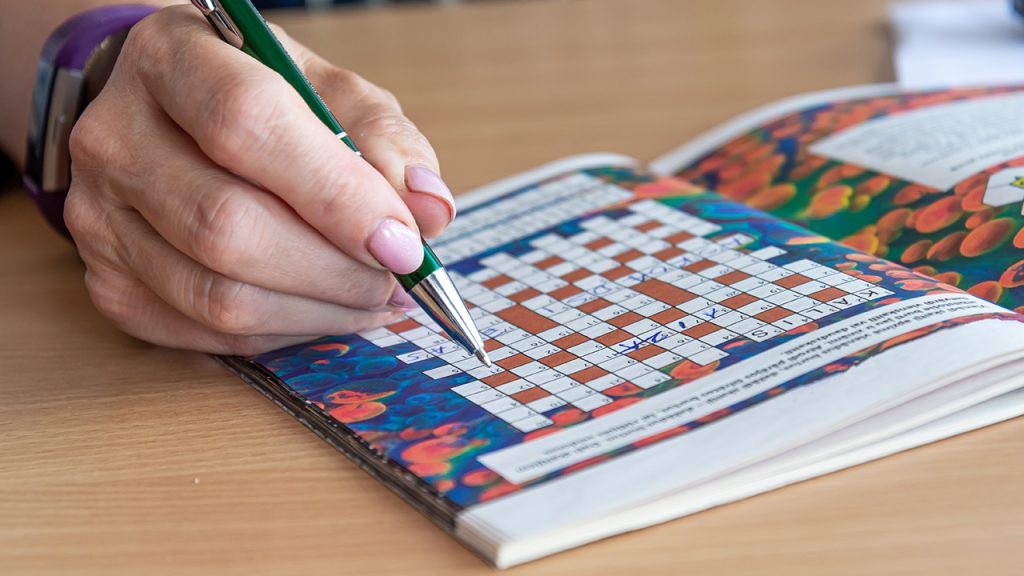
The more puzzles you solve, the better you get. Regular practice improves your pattern recognition, logical thinking, and creative problem-solving skills, making puzzles feel easier over time.
11. Visualise The Problem

Some puzzles benefit from visualisation. For example, imagining how pieces fit together in a jigsaw or mentally working through steps in a number puzzle. Seeing the problem in your mind’s eye can provide fresh insights.
12. Collaborate With Others

Two heads are often better than one. If you’re stumped, ask someone else to look at the puzzle with you. They may spot something you’ve missed or come up with a new approach. Working together can lead to those “aha!” moments.
13. Stay Calm And Don’t Rush

Rushing through a puzzle can lead to mistakes and missed details. Stay calm and take your time. Careful thinking leads to more effective problem-solving and a greater sense of satisfaction when you complete it.
14. Focus On One Puzzle Type At A Time
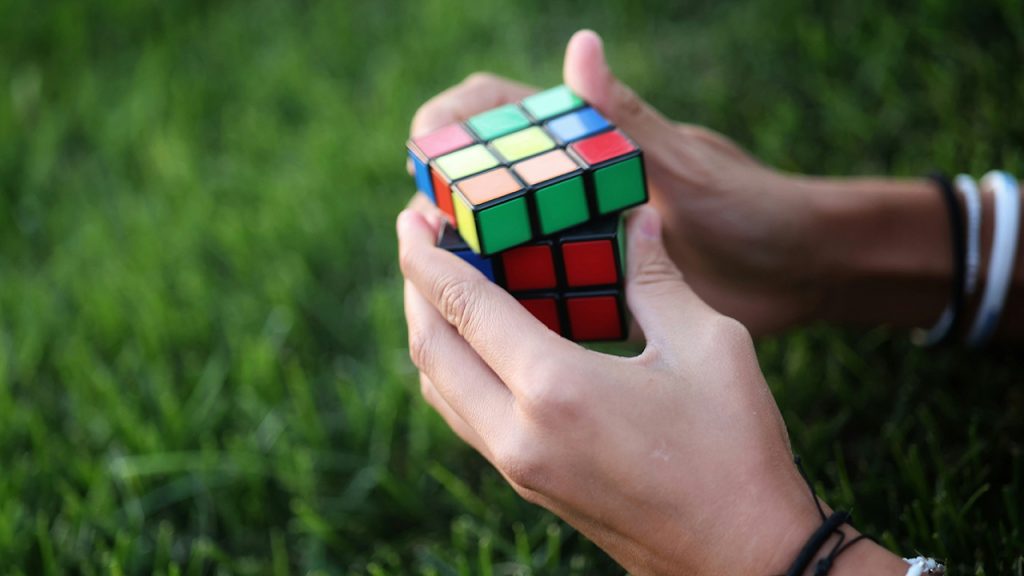
Mastering one type of puzzle, like Sudoku or word searches, before moving on to others allows you to build a strong skill set. Once you’re confident in one area, expanding to other puzzle types becomes easier.
15. Stay Organised
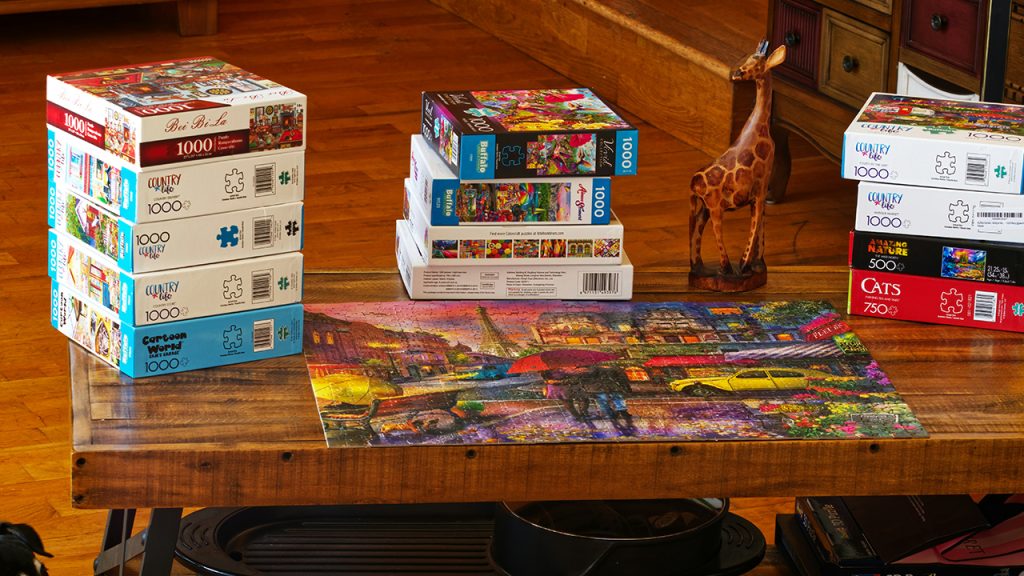
Keeping puzzle pieces, tools, or notes organised—whether you’re working on a jigsaw, logic puzzle, or escape room challenge—makes the solving process more enjoyable and efficient. A clutter-free workspace leads to a clutter-free mind.
These 23 Titanic Facts That Will Make You See the Tragedy in a New Light

The Titanic, perhaps the most legendary ship ever, was a masterpiece of early 20th-century engineering, funded by American tycoon J.P. Morgan and constructed at the Harland and Wolff Shipyard. Thanks to the movie and other works of popular fiction, any people think they know everything there is to know about the Titanic, but they’re wrong.
Read More: These 23 Titanic Facts That Will Make You See the Tragedy in a New Light
Ellen has been obsessed with logic puzzles, jigsaws, and cryptograms since she was a kid. After learning she was taught how to play chess wrong by a family friend (so they could win), she joined her school chess club and the rest is history.
